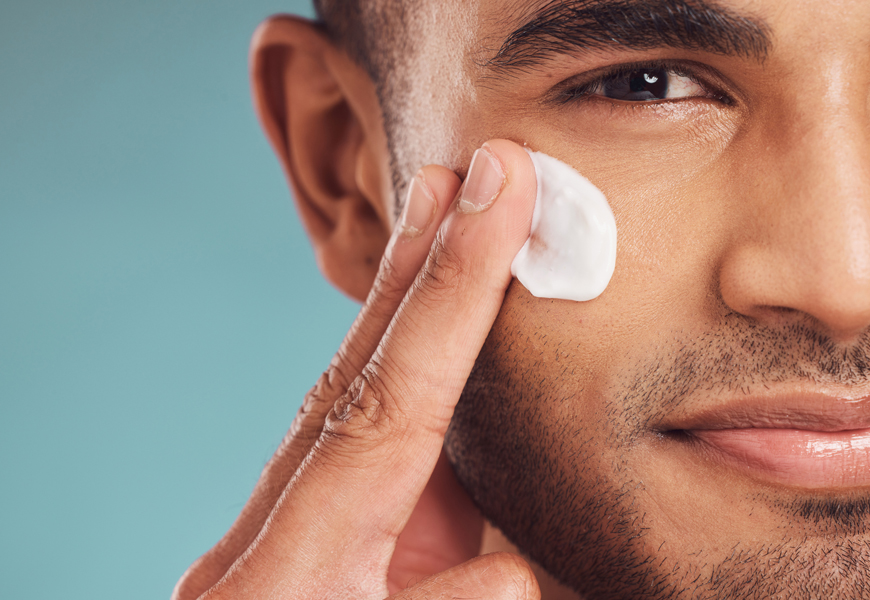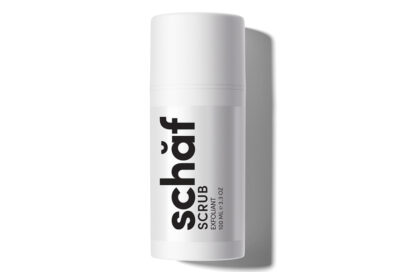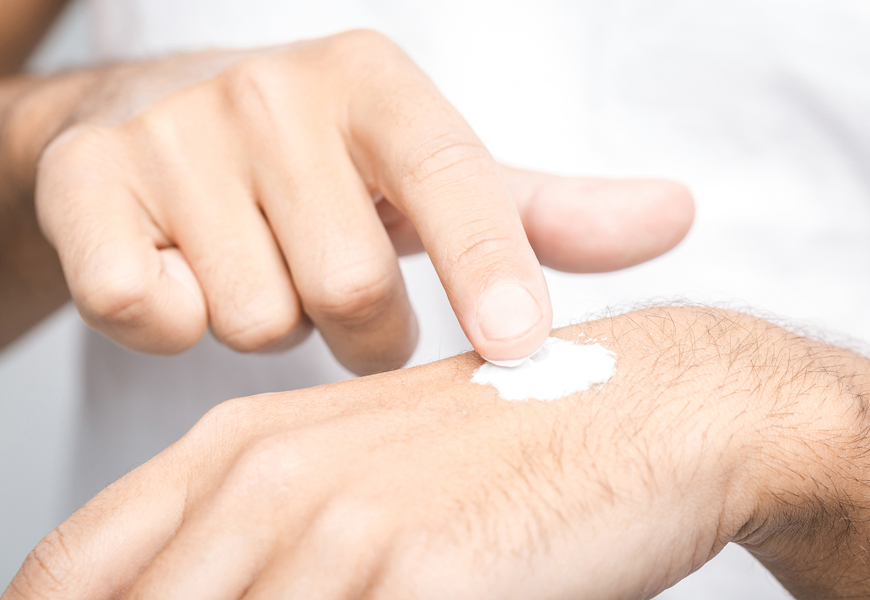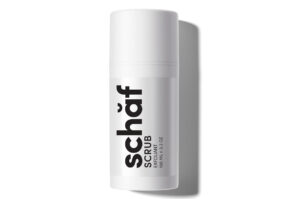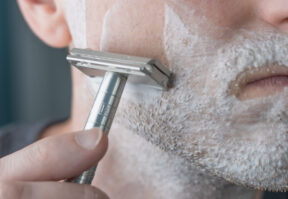We don’t need the internet to tell us youthful-looking skin is a good thing. No, wait, a great thing. And yet it does, complete with online data interpretation company QUILT.AI noting there are more than 13 million videos on TikTok under the #antiaging umbrella. Youthful skin is always in. And, sadly, aging is always inevitable. But! YelenaBudovskaya, PhD, the CEO of epigenetic health company TruMe Labs, says there five habits you can embrace to maintain healthy youthful skin.
1. Wear sunscreen daily
Sunscreen is a must no matter the season. Budovskaya emphasizes the importance of checking the UV index daily as even on cloudy days, UV radiation can damage your skin. You should apply sunscreen every single day, and especially when the UV index is three or above. Be aware that chemical sunscreens can take 20 minutes to start working and know that using sunscreen daily will prevent what is called photoaging aging by protecting your collagen and elastin which help keep your skin soft.
The Centers for Disease Control (CDC) advises wearing a SPF of 15 or over, though it is best to aim for SPF 50+, as this provides more coverage. Make sure your sunscreen is also labeled: broad-spectrum to protect against both UVB (which causes burns) and UVA rays (which penetrate the skin deeper, accelerating aging). “The higher the SPF, the longer it will take before your skin burns in the sun,” says Budovskaya, “Though don’t think wearing higher-factor sunscreen means you can stay out more – it is important to limit your time under the sun’s rays regardless of how strong your SPF is.”
2. Cut down on processed sugar
While sweet treats can be tempting, Budovskaya warns that high sugar intake accelerates aging through a process called glycation. In this process, molecules attach to proteins, damaging collagen and elastin, preventing the skin’s ability to repair itself and making it age faster. Not all sugars are equal, so if you want a sweet treat, it is better to opt for fruit over processed sugars as these will have more nutritional content. “A balanced diet high in anti-inflammatory and antioxidant foods, such as berries, nuts, and beans, can help neutralize free radicals—unstable cells that need to bond with other molecules such as DNA, lipids and proteins—that damage cells,” adds Budovskaya. “Anti-inflammatory foods can help reduce puffiness and chronic inflation, giving your skin a healthy-looking glow.”
3. Don’t follow every skincare trend
Consistency is key when it comes to skincare, so stick to a routine that works for you. Budovskaya suggests avoiding the temptation to jump on every new trend, as many fads lack scientific evidence. For instance, while collagen supplements are popular, research on their effectiveness in humans is limited. Earlier this year, there was a trend of slugging, covering your face in a layer of Vaseline, which may have worked for you and yet may have worsened acne, rosacea or oily skin for others. “It’s okay to try new products occasionally, but constantly switching what you use on your face and body can confuse your skin and strip it of its protective barrier,” advises Budovskaya. “Focus on what isproven to work for you, and remember skincare is a long-term commitment.”
4. Be gentle with your skin and avoid harsh chemicals
Your skin’s natural barrier is delicate and overuse of harsh ingredients like alcohol-based products or abrasive exfoliants can damage and dry it out. Budovskaya advises opting for gentler, skin-friendly alternatives. Additionally, be mindful of germs from everyday items like Smart phones, keys and TV remotes, which can transfer bacteria to your face, leaving you with clogged pores which can result in breakouts. “Look for friendly, hydrating ingredients like niacinamide (Vitamin B3), ceramides, and hyaluronic acid, which help retain moisture,” suggests Budovskaya. “Remember to moisturize the rest of your body, too. If you use multiple harsh products, limit their frequency, and always follow up with a good moisturizer. Be aware that it’s not only your face that can make you look older; your hands, legs, and chest can also show signs of aging.”
5. Prioritize hydration and quality
Sleep and hydration are non-negotiable for youthful skin. While you sleep, your skin repairs and regenerates. Lack of sleep can increase stress, which raises cortisol levels that break down collagen and elastin, both of which keep your skin looking fresh. When it comes to hydration, it’s not just about drinking water. Budovskaya notes that it is important to eat well and use products that saturate the skin. “Skin hydration is key, and using moisturizing products, like hyaluronic acid, can prevent dehydration lines, which are often mistaken for wrinkles. Yelena also suggests investing in a humidifier and lowering the number of hot showers you take which can dry out your skin,” Budovskaya adds. “Eating water-rich fruits and vegetables like kiwis and cucumbers will also help keep your body hydrated.”

